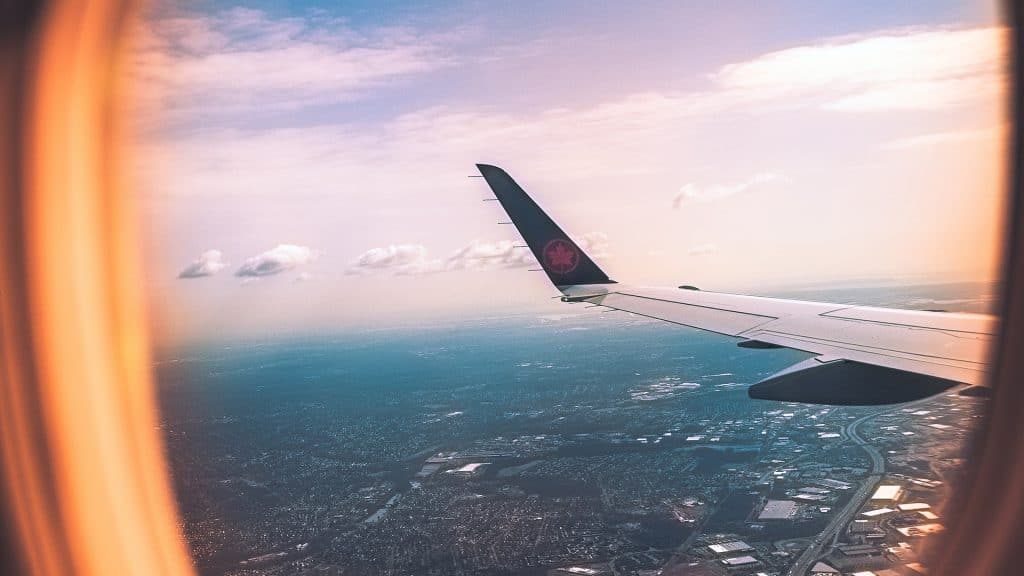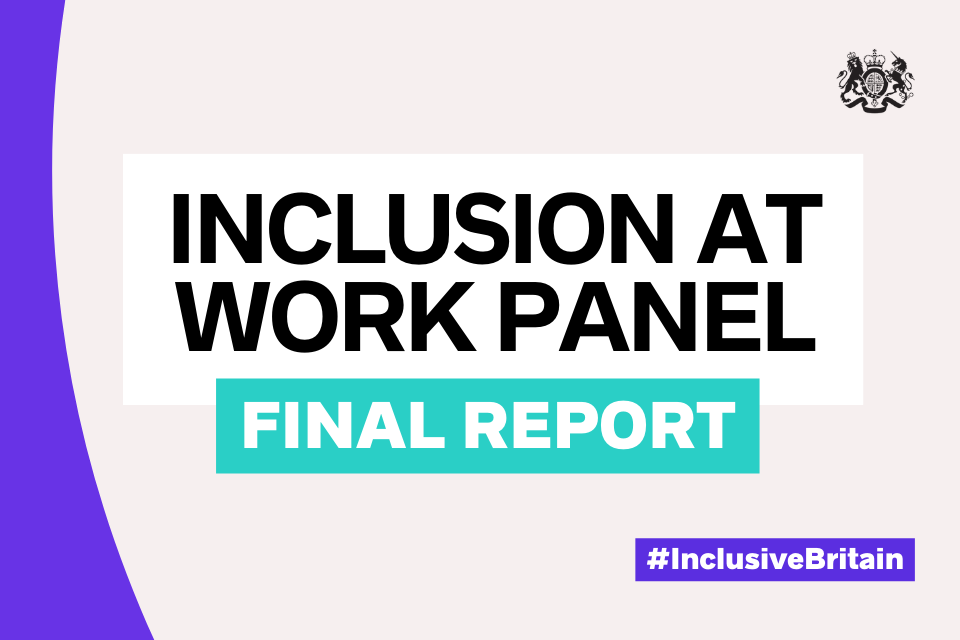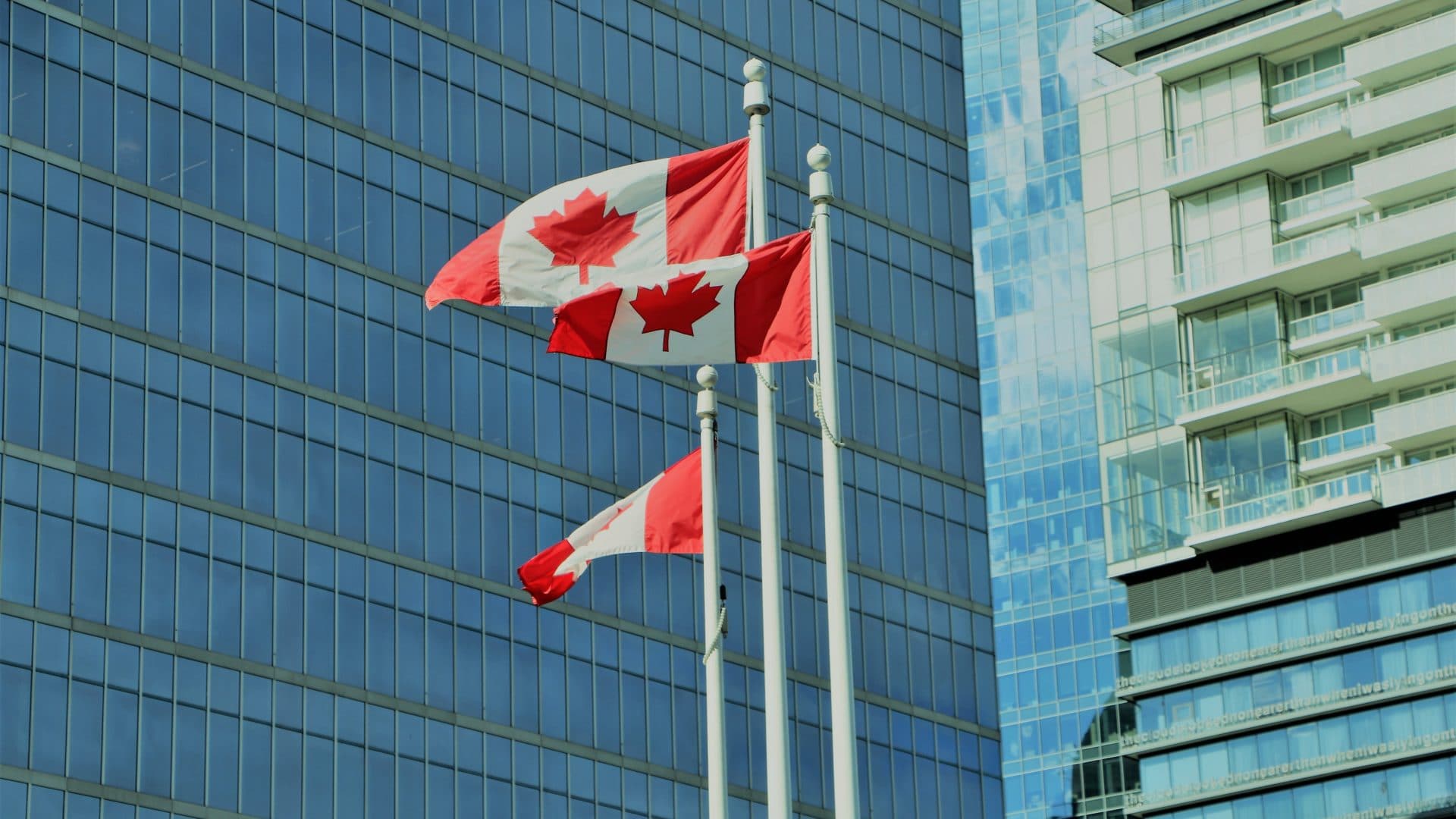Like many other countries around the world, Canada now wants to respond to the new virus variant and plans to tighten entry rules.
The new virus variant Omikron is already a worldwide hit, and has been for some time. Many countries around the world are reacting with stricter entry rules or even closing borders. Canada wants to at least avoid the latter, but at the same time plans to introduce new entry regulations based on the US model. Additional testing and quarantine after arriving here are discussed to the end. as if from a press release According to the Canadian government, that may soon be the case.
Additional tests after entering
Since September 7, Canada’s borders have been reopened to Europeans. Travelers from Germany, Austria and Switzerland are allowed to re-enter Canada provided they are fully vaccinated and submit a negative pre-departure PCR test, which was taken a maximum of 72 hours prior to departure. Rapid antigen tests are not permitted. Existing requirements could soon be tightened. Concerned about the new virus variant Omikron and the growing number of infections in large parts of the world, the country, like its US neighbor, wants to tighten entry rules. It is clear that one wants to implement the measures discussed in the United States to a certain extent. While the pre-departure testing period is only shortened there, another Covid-19 test must be followed in Canada after entry. How and when this will be implemented remains unclear.
In the coming days, all fully vaccinated passengers arriving by air from departure points other than the United States will undergo an arrival test. Fully vaccinated travelers will be required to self-quarantine while they wait for their arrival test results.
So far there has been only one announcement from the Canadian government. It says all passengers on board should expect additional post-arrival testing and quarantine in the coming days. If this tightening is to be followed, travelers, even with full vaccination protection, will have to go into quarantine until a test result is available. Meanwhile, it is unclear where these tests will be conducted, whether they are associated with additional costs for travelers, at what locations the quarantine must be completed and how long it will take before the corresponding test result is available. Random tests are already being done on new arrivals. This variable can be expanded. Corresponding test centers are already connected to passports at airports.

So far, only children under the age of five are exempt from pre-departure test duty. It is therefore conceivable that the new test regulation will also provide for this exception. All travelers must also continue to upload their data and evidence on a health platform called ArriveCAN. Here they also have to explain how they would react in the event of a positive test for the Covid-19 virus, where the quarantine would be placed and how the food supply could be ensured.
Conclusion about Canada’s plans
Canada’s borders have only reopened to international travelers since September 7. The first response was positive. The infection process at the site was also not directly affected. The prerequisite for entry to date is proof of complete vaccination with a vaccine recognized in Canada and a negative PCR test. These requirements must now be completed with an additional post-arrival and quarantine test until the test result is available. It is still not clear when and how this should be done.
Would you like more reisetopia articles? Then follow us:

“Communicator. Entrepreneur. Introvert. Passionate problem solver. Organizer. Social media ninja.”





More Stories
Great Britain wants to increase defense spending to 2.5 percent of GDP
SWR and School of the Future / Journalist Frank Seibert looks for new school models in Dresden, Winnipeg (Canada) and Essen
New Law in Britain: Sunak's Rwanda Life Belt